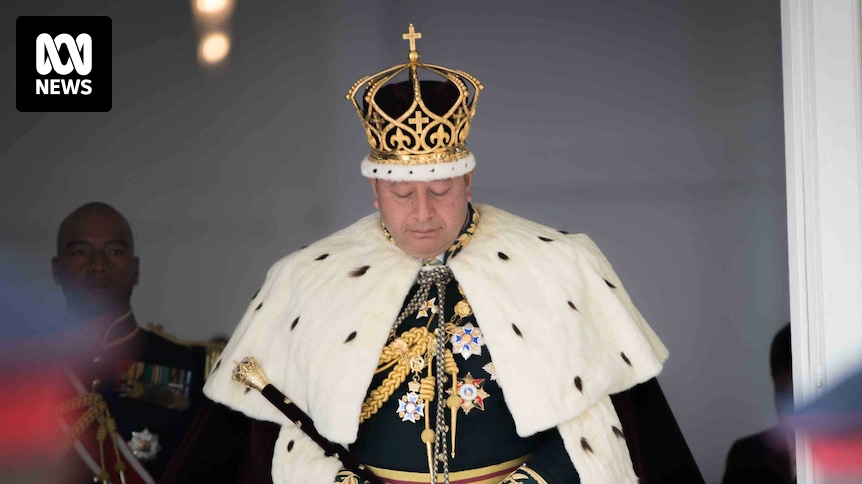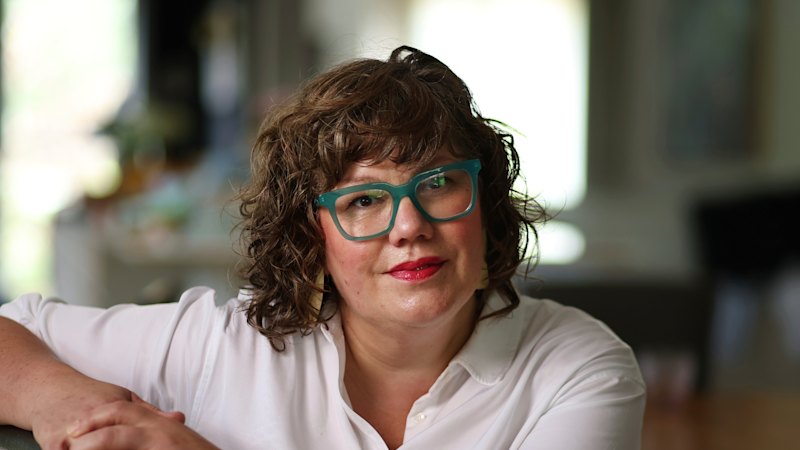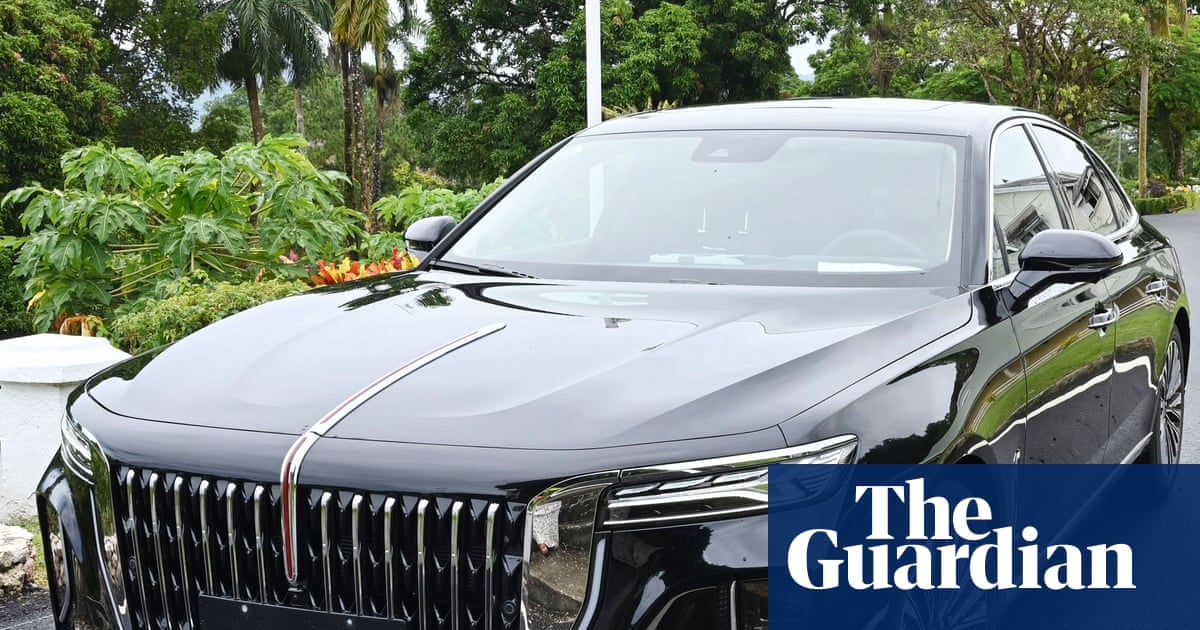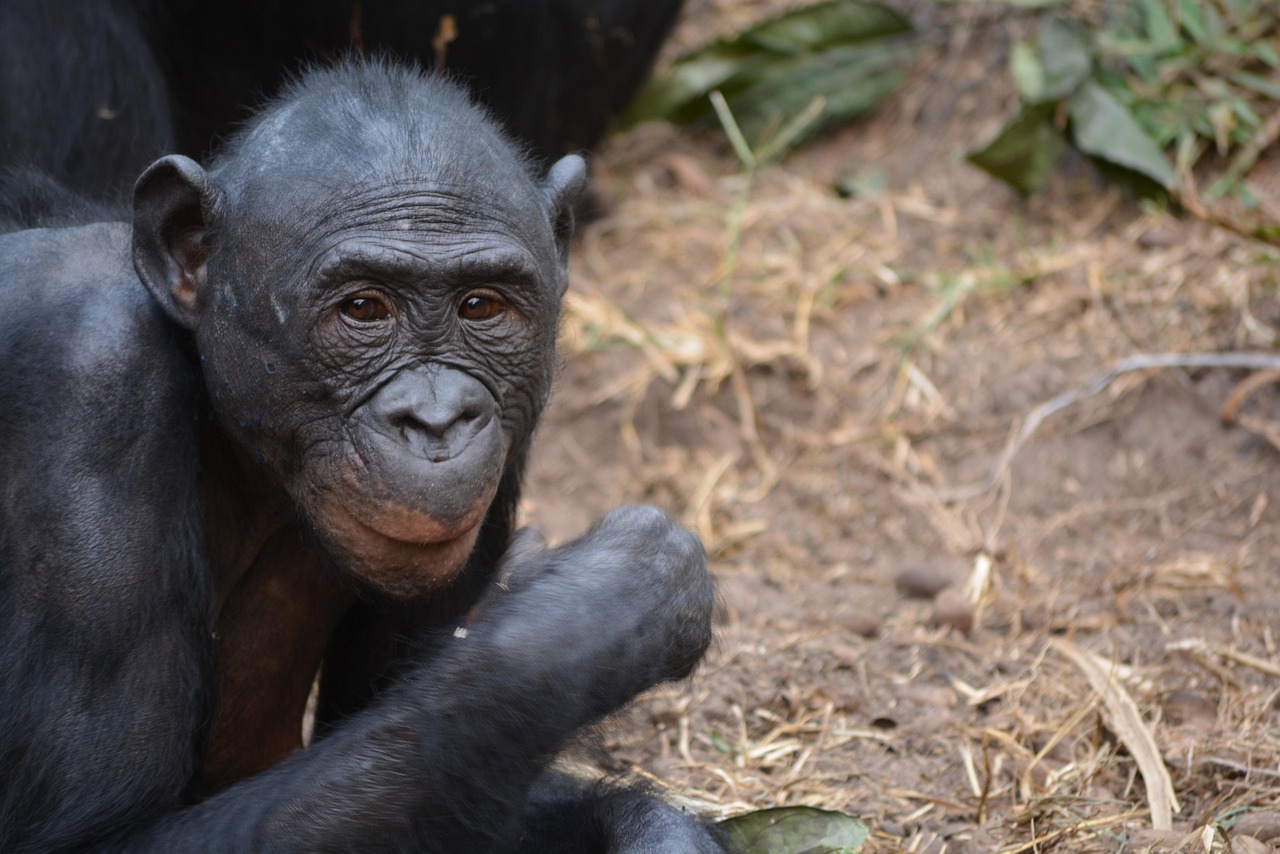
Lopeti Senituli, a seasoned lawyer and political commentator, has witnessed many transformations in Tonga throughout his lifetime. In 2010, he was part of a historic shift when Tonga introduced democratic reforms after decades of anticipation. These changes were meant to empower the people, marking a significant departure from the country’s absolute monarchy. However, recent developments have raised concerns for Senituli, who describes the situation as “dangerous.”
Senituli’s apprehension stems from a recent decision by King Tupou VI to rename the Ministry of Foreign Affairs to “His Majesty’s Diplomatic Services,” effectively placing the foreign affairs portfolio under direct royal control. “The king is flexing his muscles and saying, ‘Look, I have more power than the prime minister and cabinet,'” Senituli remarked. “We are going back to the pre-2010 days when everything that was done by the king and his minions escaped public scrutiny.”
The Historical Context of Tonga’s Monarchy
Tonga, often referred to as The Kingdom, is the last remaining sovereign monarchy in the Pacific. For nearly 150 years, it functioned as an absolute monarchy until the 2010 reforms aimed to democratize the nation. These changes were partly a response to violent riots in 2006, which demanded political reform. Despite these efforts, recent actions by the king are perceived by critics as a test of these democratic advancements.
The parliamentary approval of the bill to rename the foreign affairs ministry has sparked debate. Crown Prince Tupouto’a ‘Ulukalala, the king’s son, currently holds the position of foreign affairs minister. Senituli warns, “Those in His Majesty’s Diplomatic Services are most likely going to have some noble blood, some royalty blood. Everyone else will not be considered because [they] don’t have that blue blood. And that’s dangerous.”
Public Reaction and Political Implications
In Tonga’s capital, Nuku’alofa, the royal family is revered, with signs pledging allegiance to the king visible throughout the city. The public response to the king’s latest political maneuver has been mixed. While some Tongans support the move, viewing it as a stabilizing force, others are hesitant to voice their dissent due to respect for the monarchy or a lack of understanding of the implications.
Teimumu Tapueluelu, a Tongan lawyer and commentator, supports the king’s decision, arguing that it was a parliamentary decision and describes it as a “much-needed” investment in trust and stability. Meanwhile, the government has labeled the change as “technical,” with Attorney-General Linda Folaumoetu’i stating that the ministry will retain its structure, including a minister and foreign diplomats.
“The ministry will also include a new board — including the king’s advisors, his Privy Council, and, ‘from time to time’, anyone the king wishes — that would act as an ‘oversight body’.”
Challenges to Democratic Reforms
Critics argue that the king’s actions represent an overreach of power. The recent resignation of former Prime Minister Siaosi Sovaleni, who stepped down before a no-confidence vote, highlights the political tension. He was succeeded by ‘Aisake Eke, whom Senituli describes as a “yes man” for the king. “He never says no to what the king says,” Senituli noted, adding that this dynamic is playing out in the current political landscape.
With national elections scheduled for November, Senituli urges the Tongan people to consider whether they want a leader who aligns closely with the monarchy. The Pro Democracy Party’s chairperson, Teisa Cokanasiga, has launched a petition against the king’s latest move, calling it a significant reversal of Tonga’s democratic progress.
“This is a slap on democracy’s face,” Cokanasiga said. “We’ve gone through so much in the past 40 years to have in place the major constitutional amendments [and] more power to the people in parliament, [now] it’s like 10 steps forward and 20 steps back.”
The petition, however, faces an uncertain future, with insiders suggesting it may be rejected by the king. As Tonga navigates these political waters, the future of its democratic reforms remains a topic of heated debate. Senituli, while respectful of the monarchy, urges the royal family to consider the voices of the Tongan people in their decisions.






